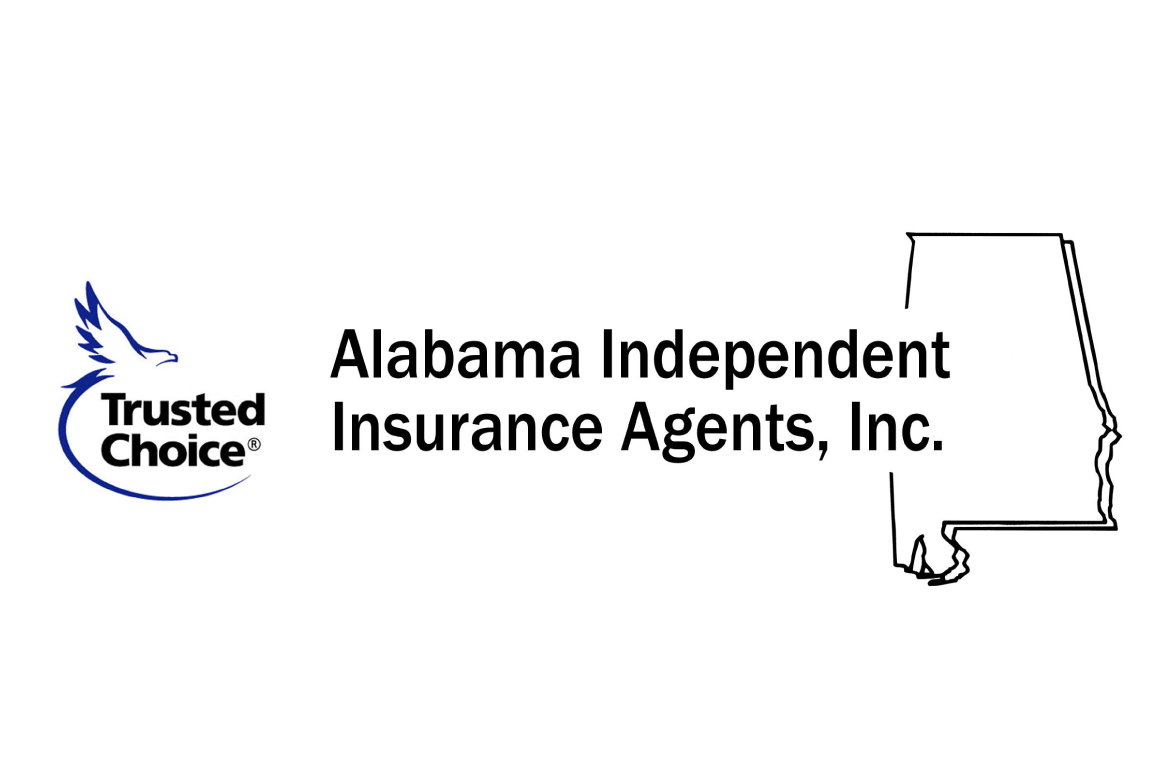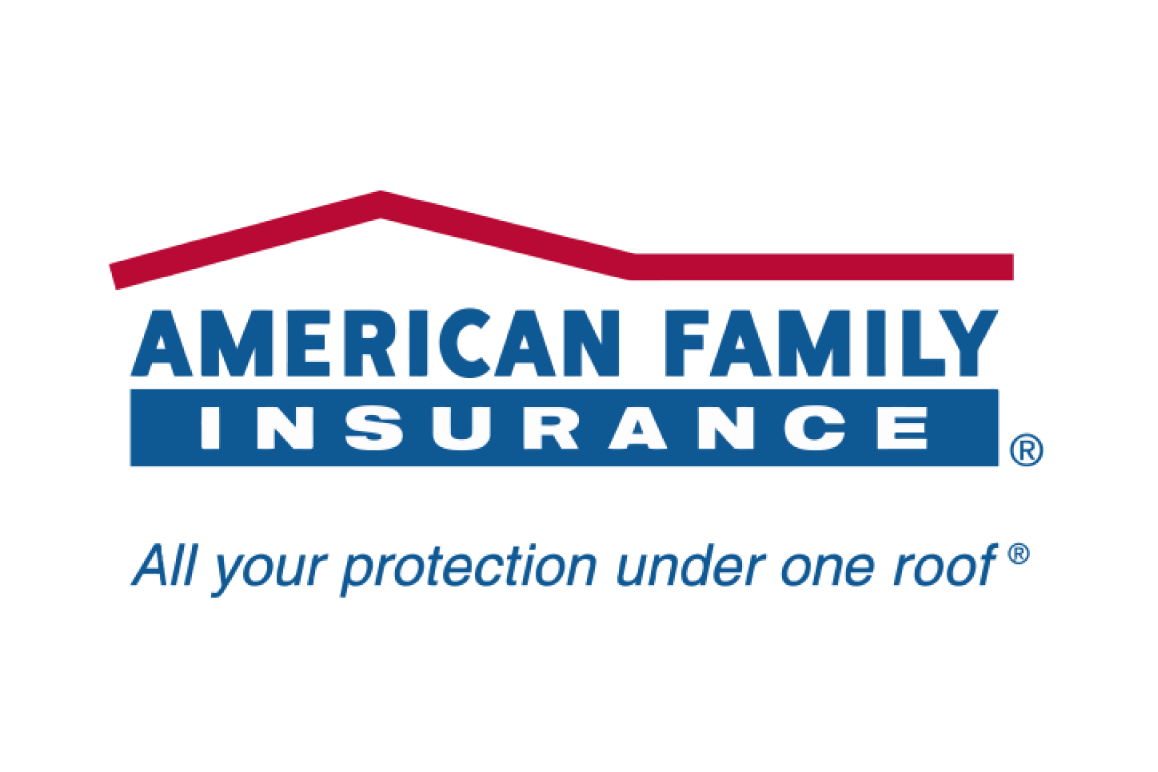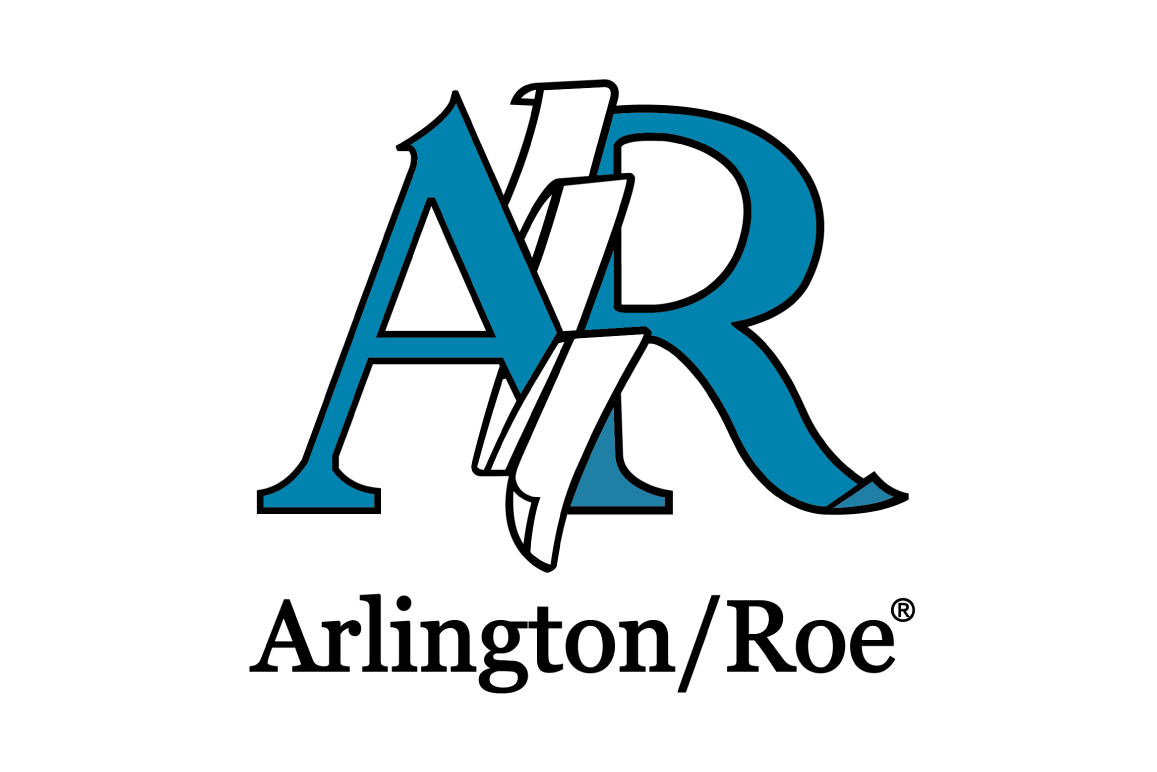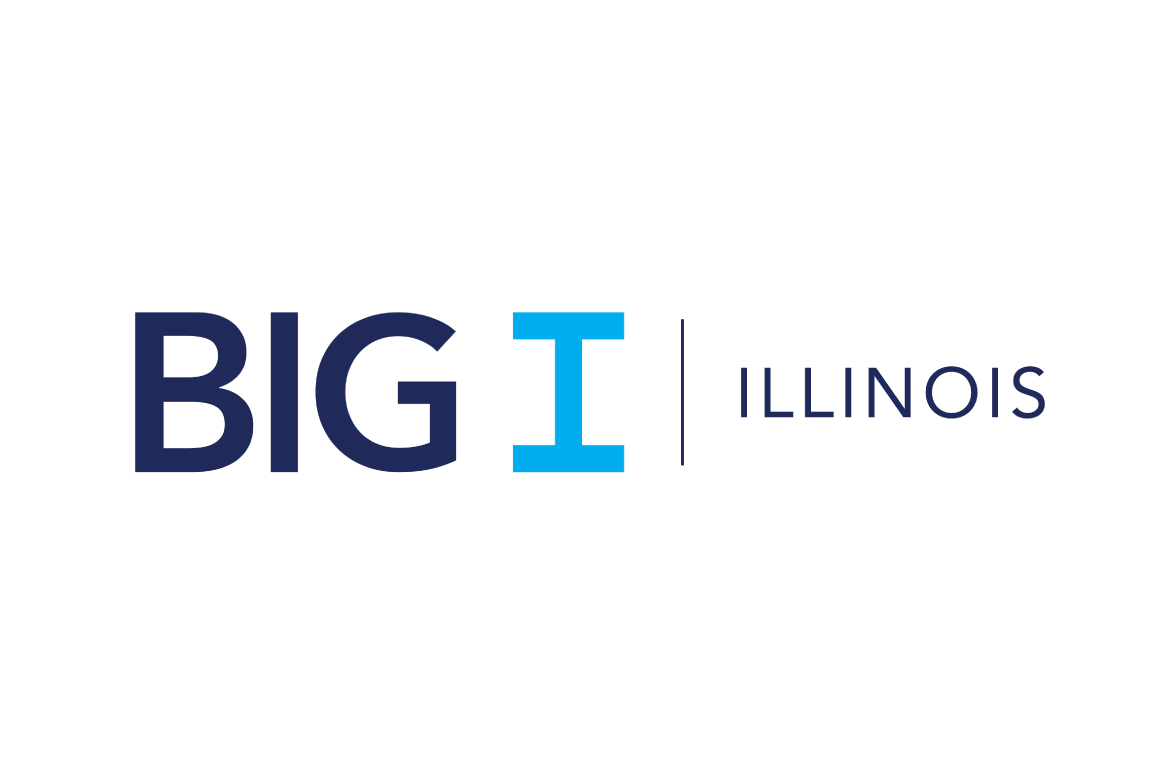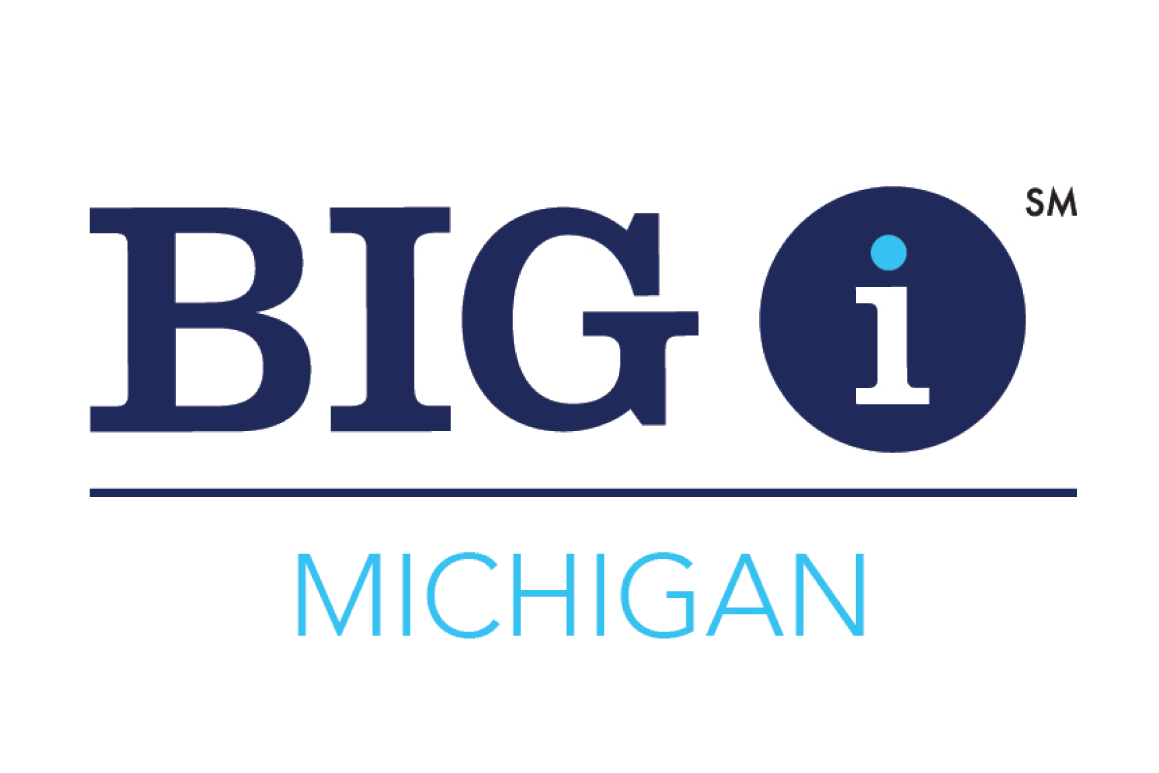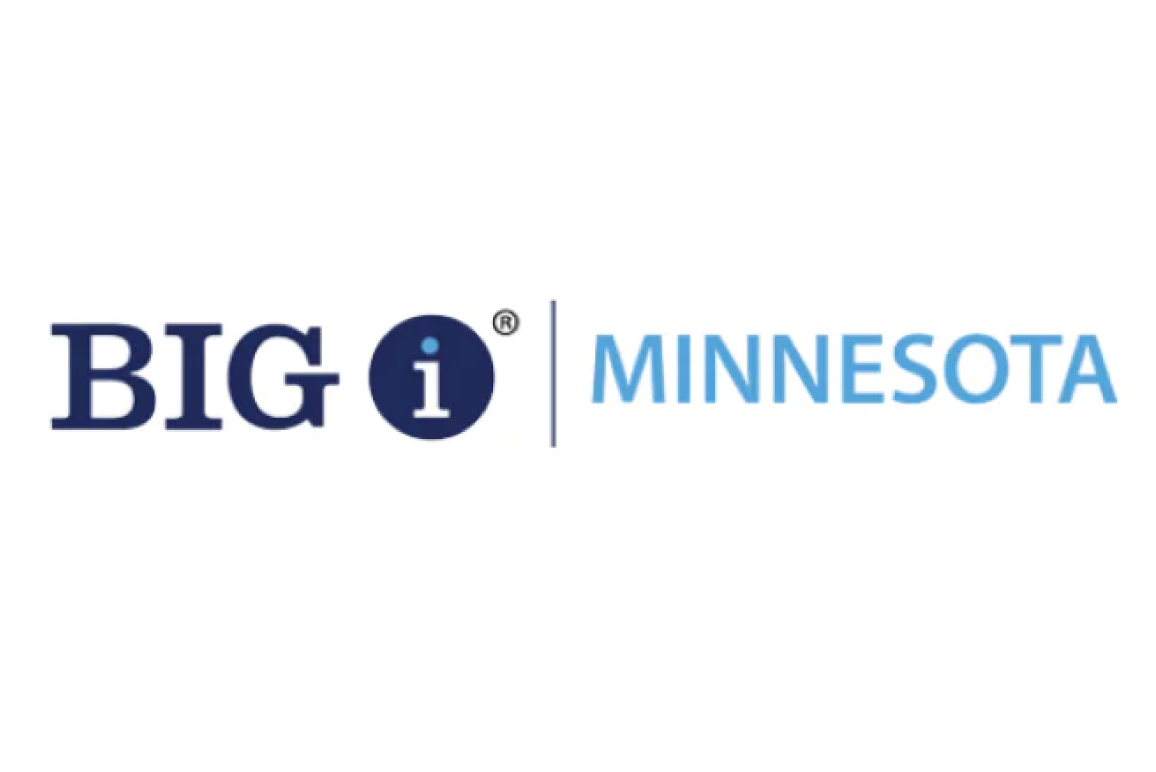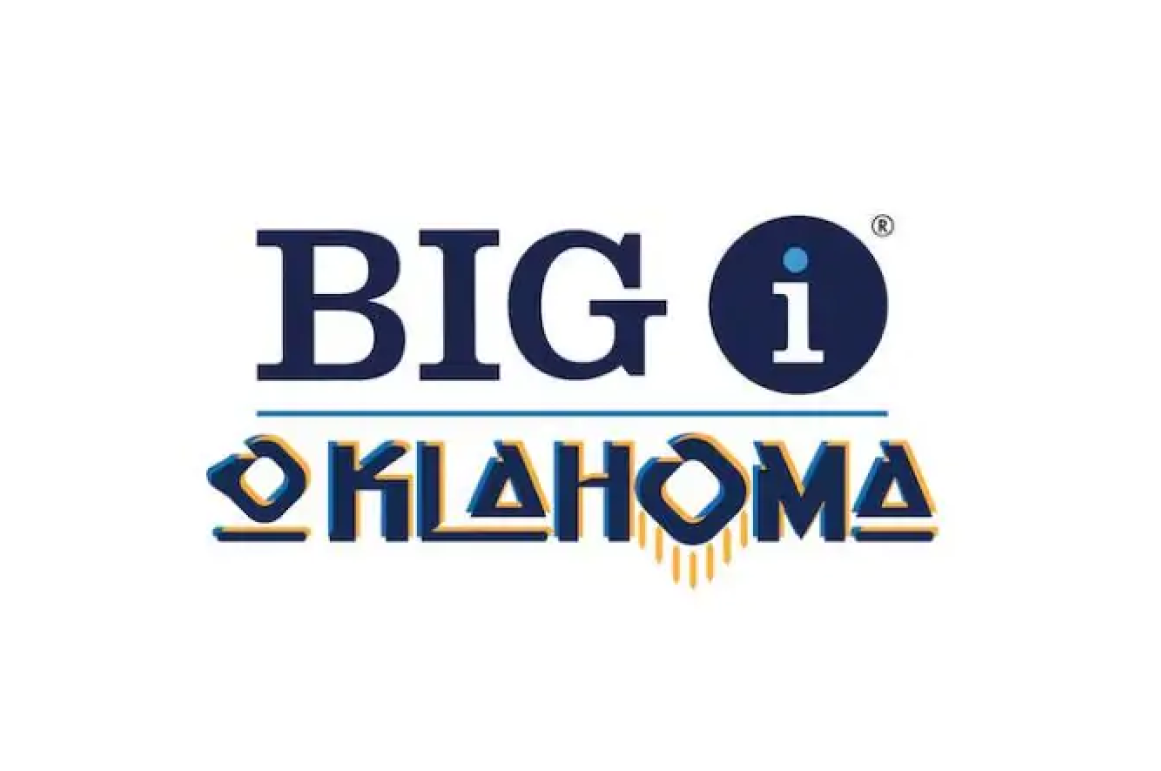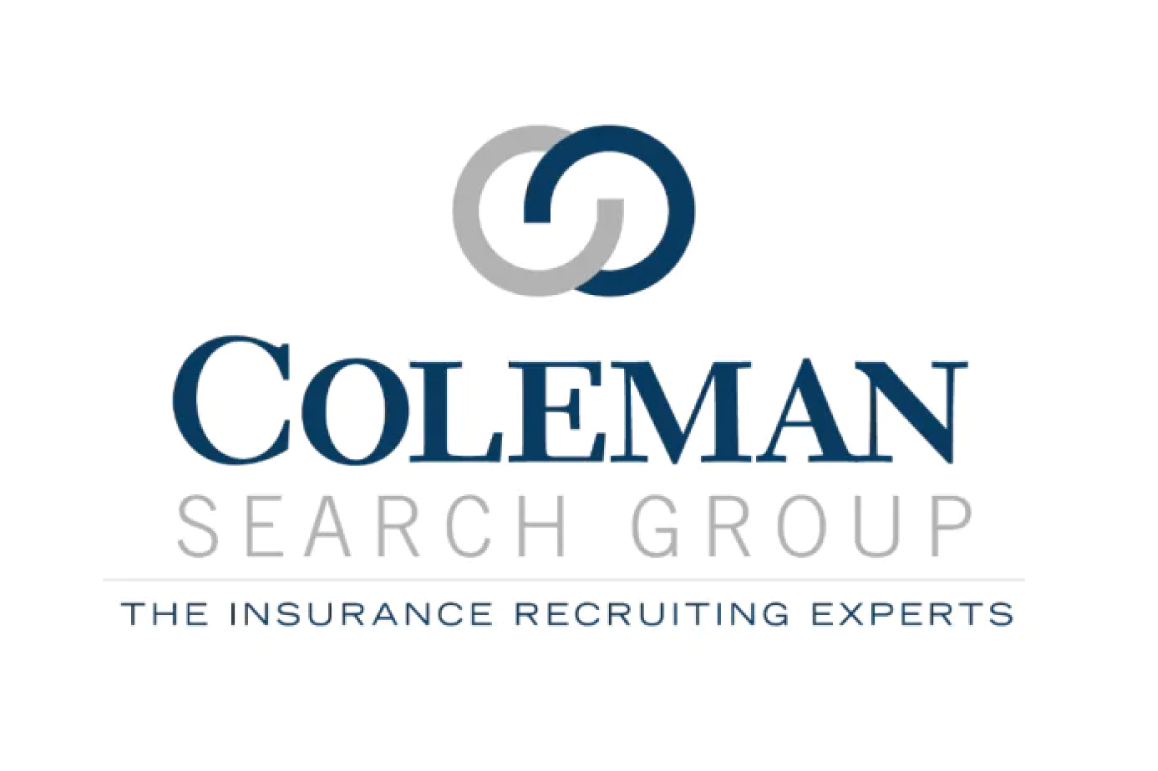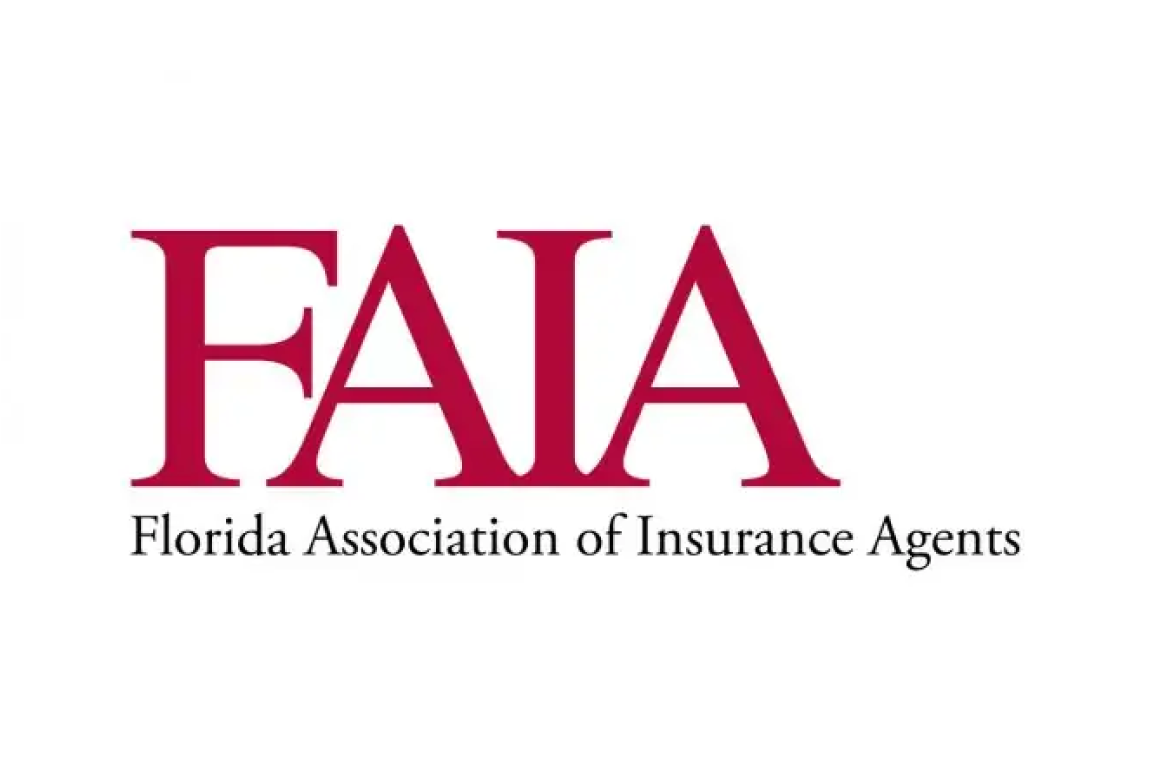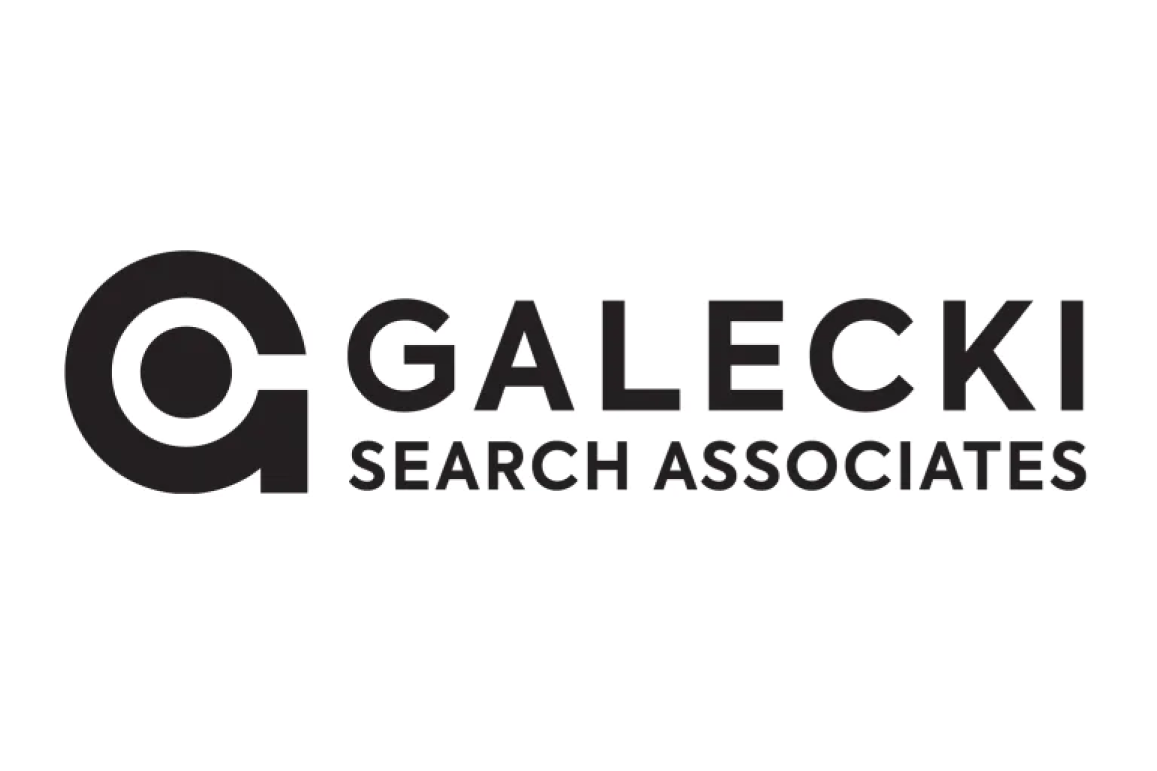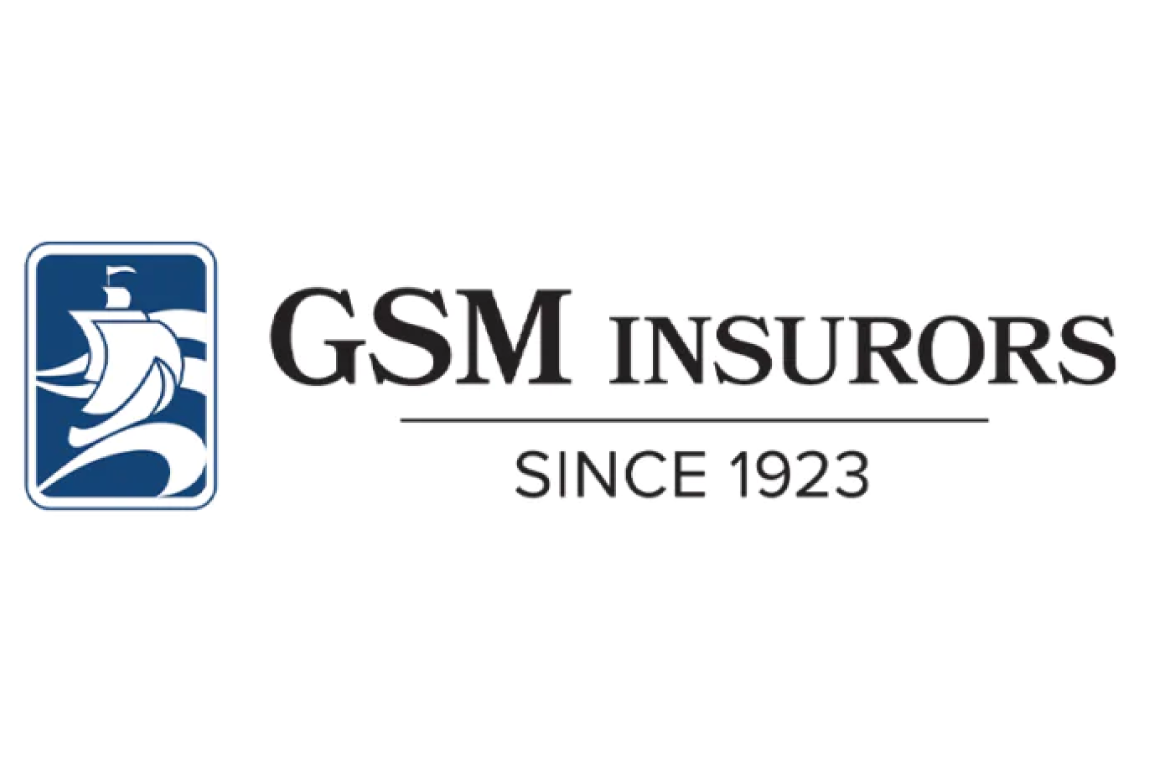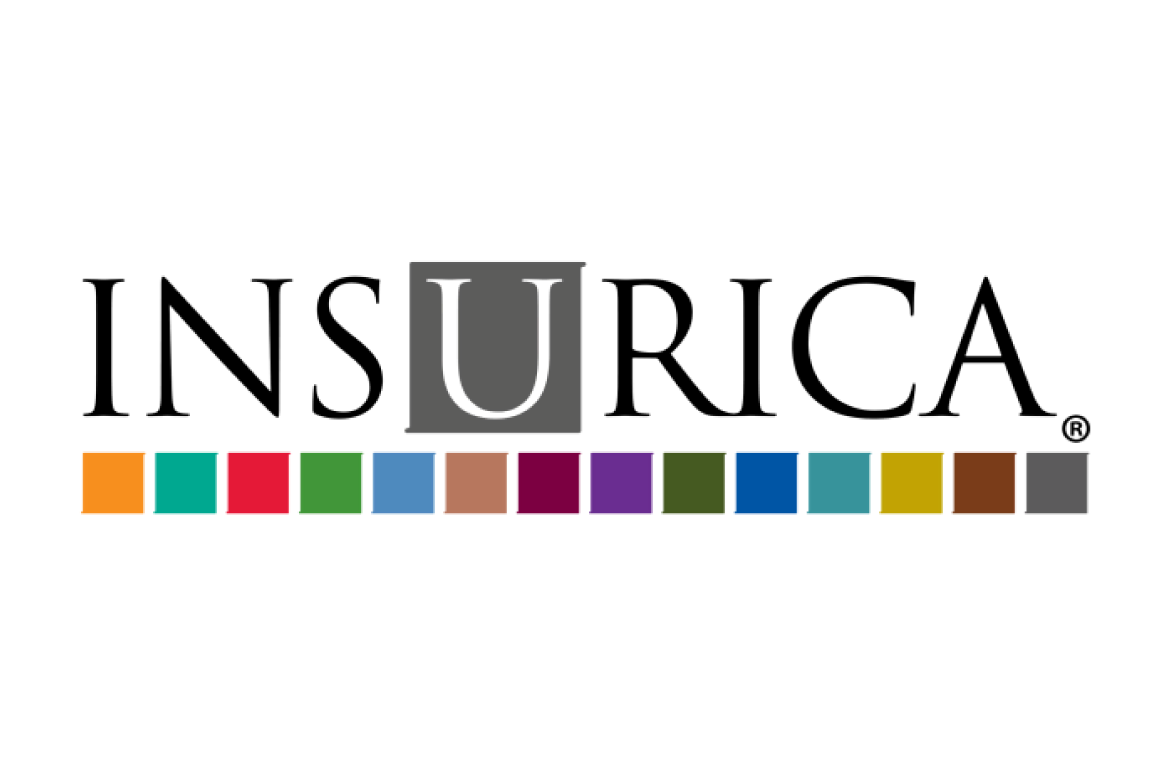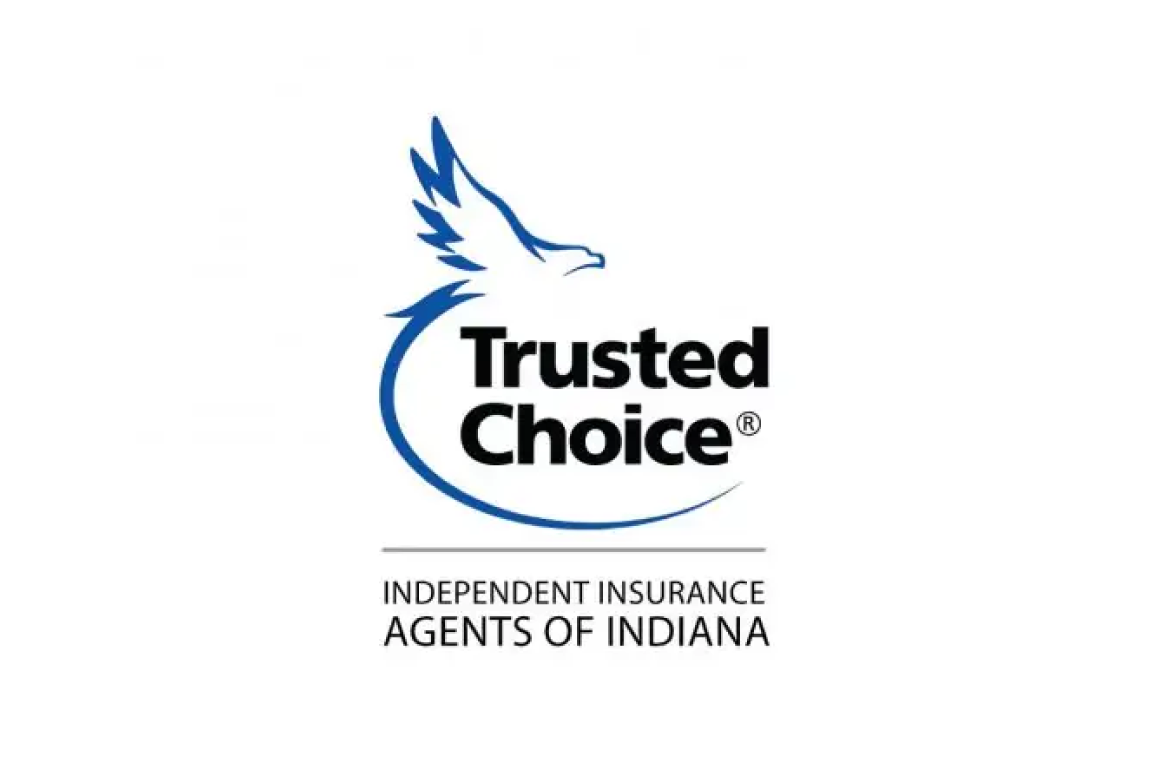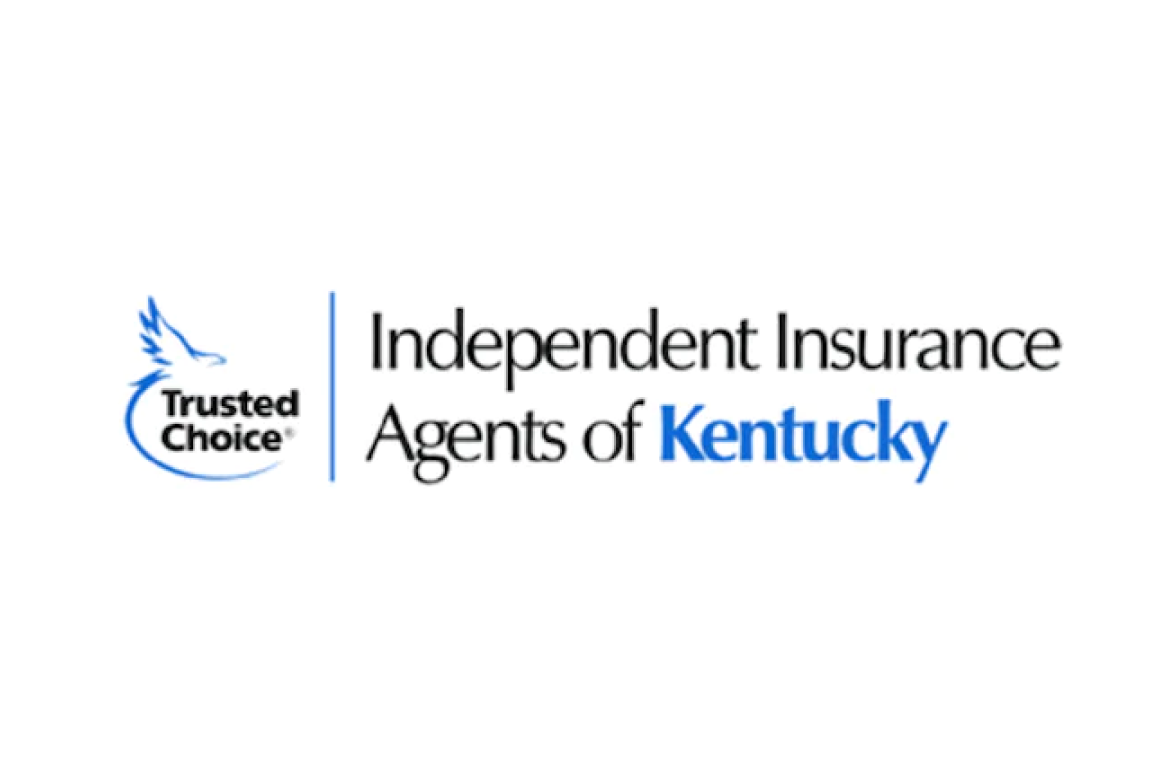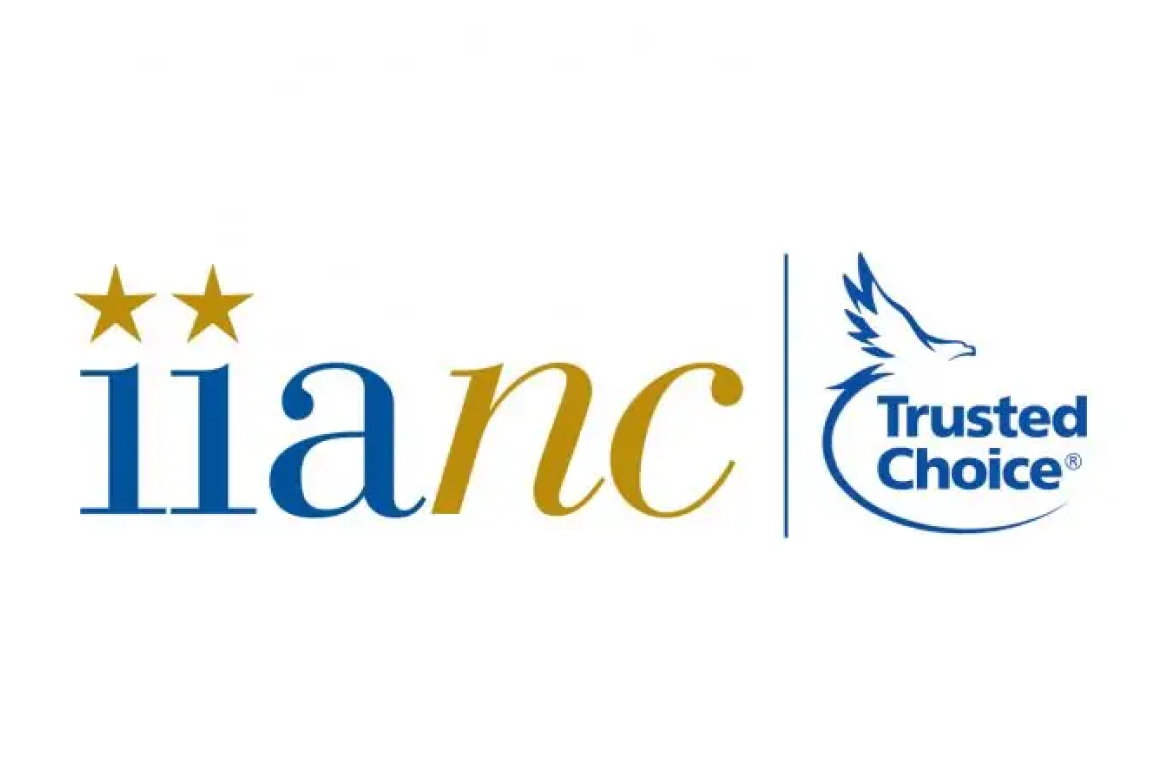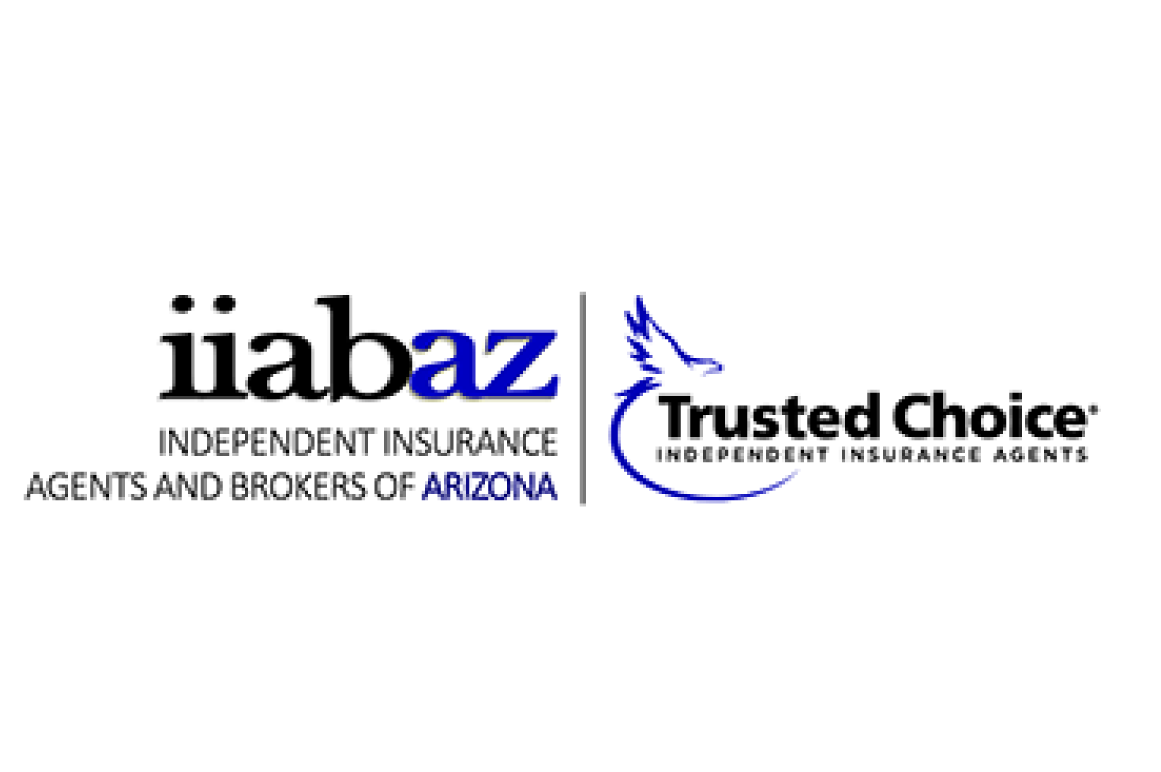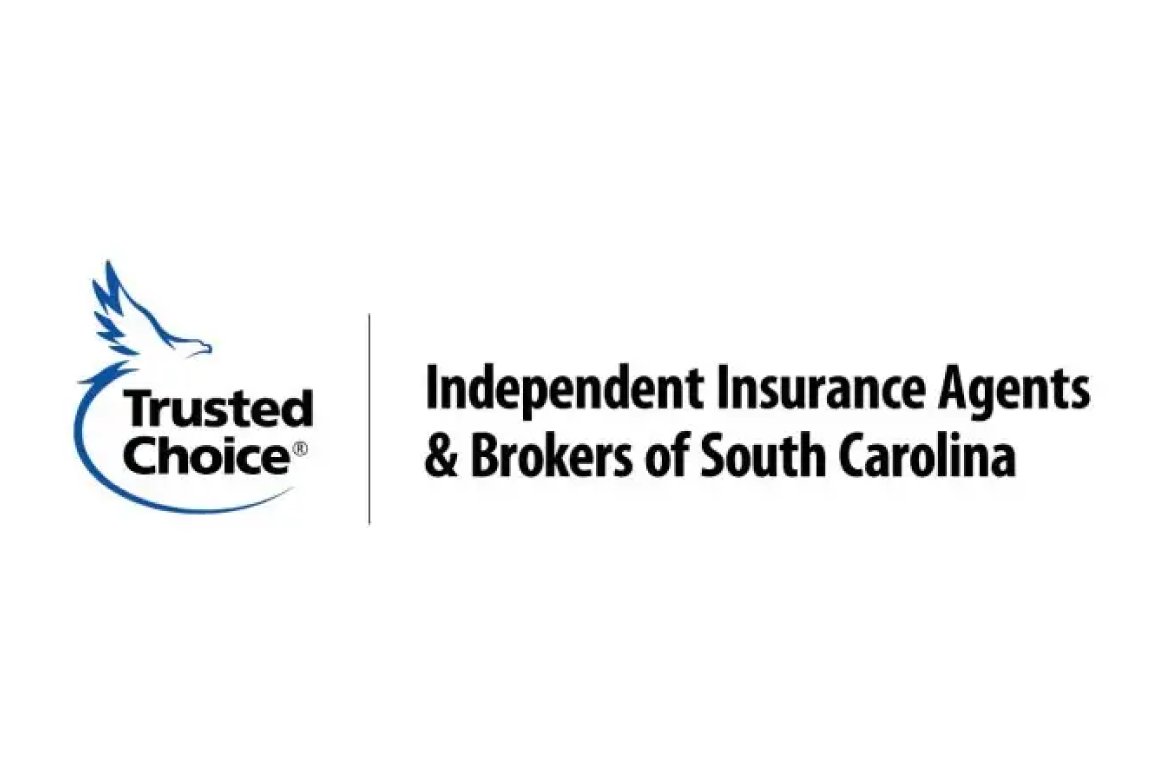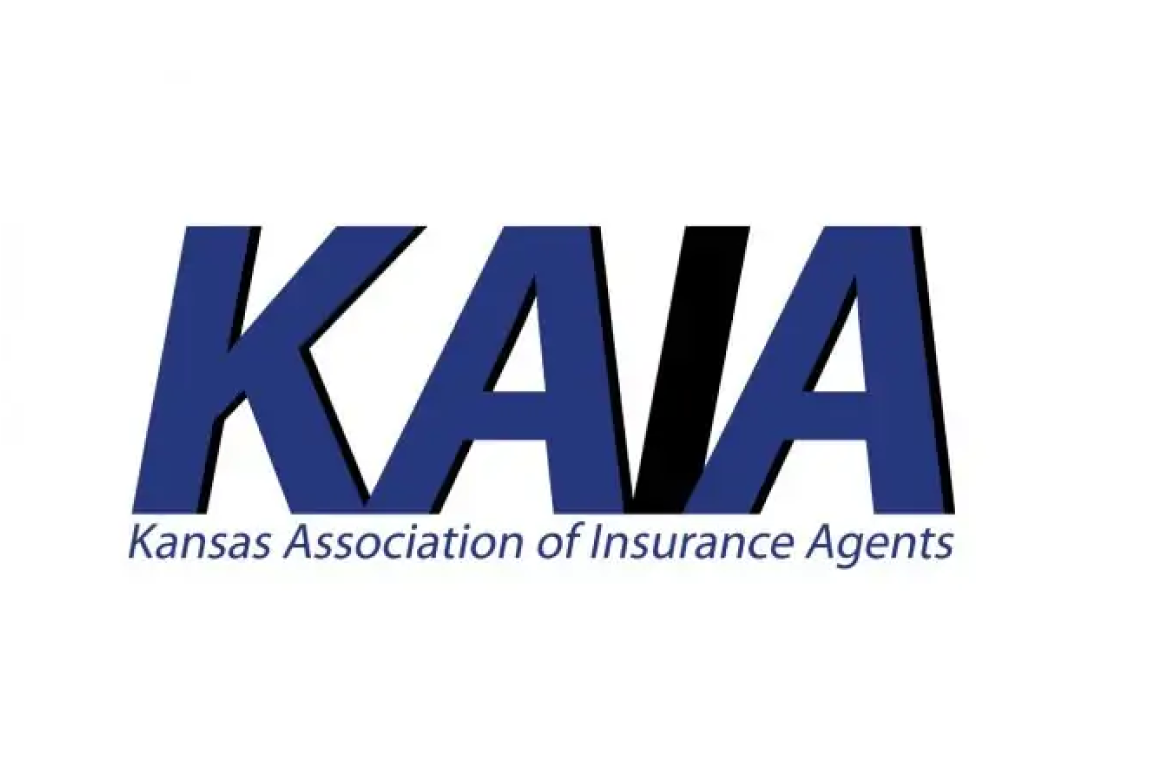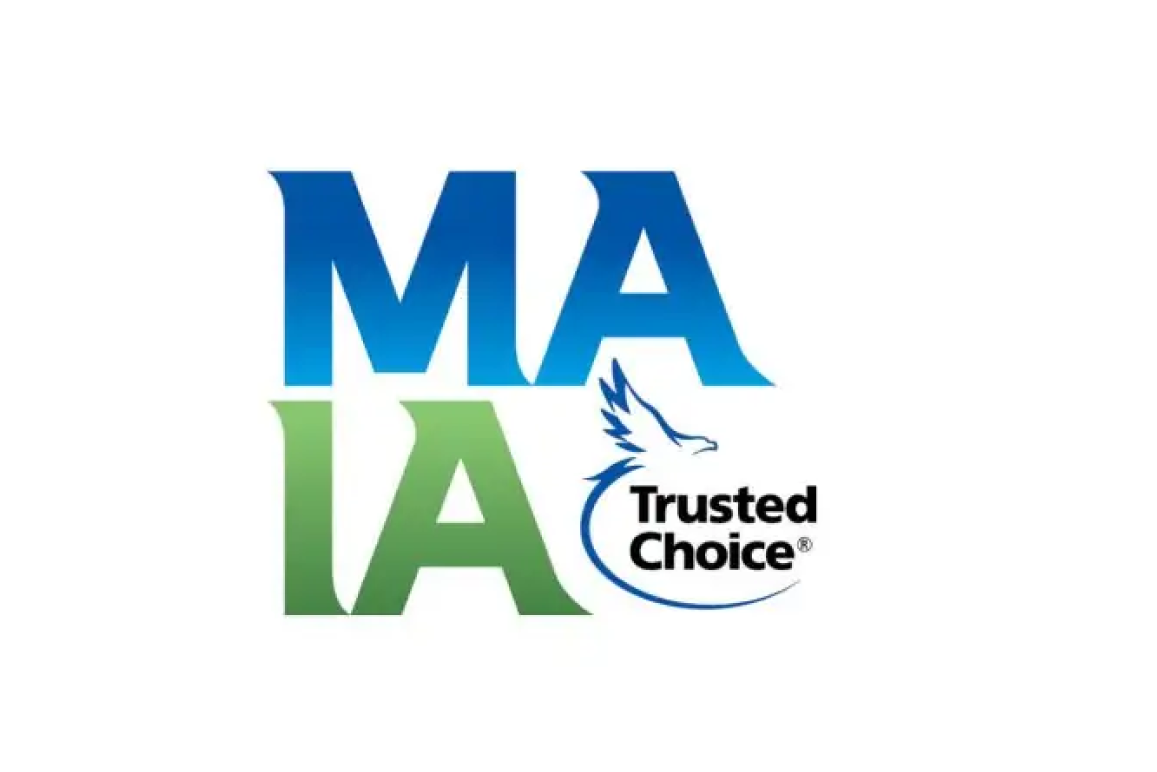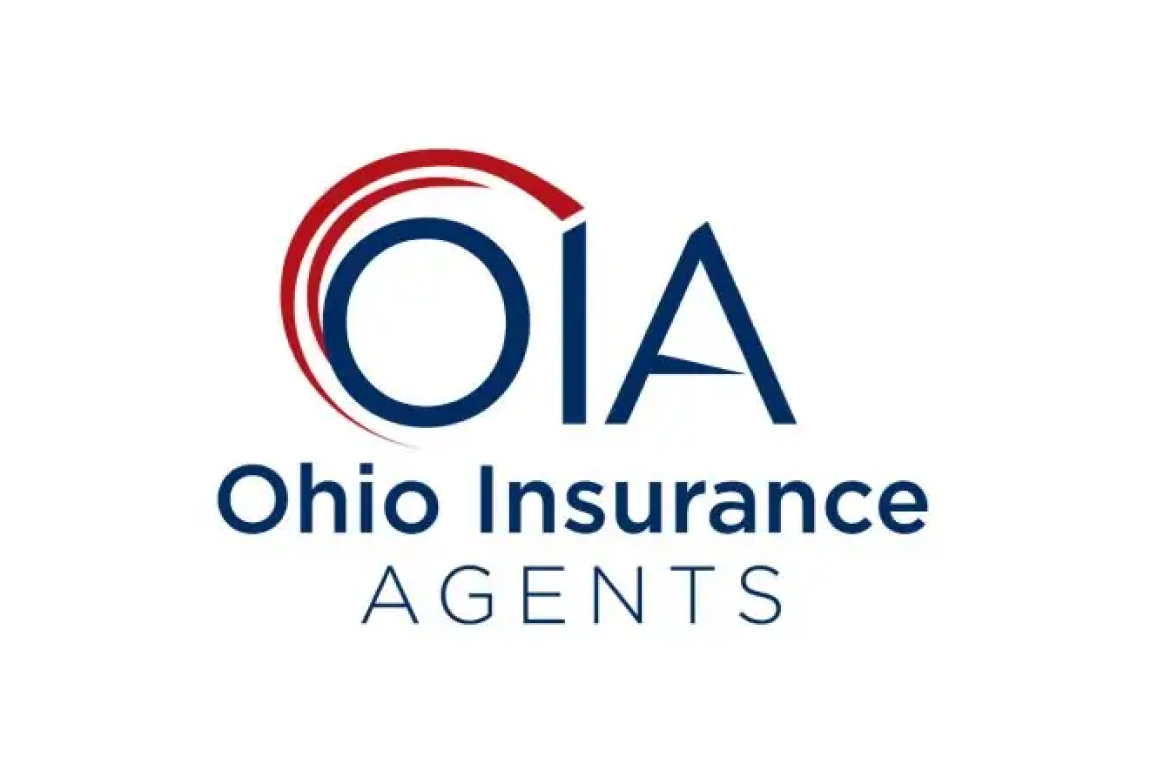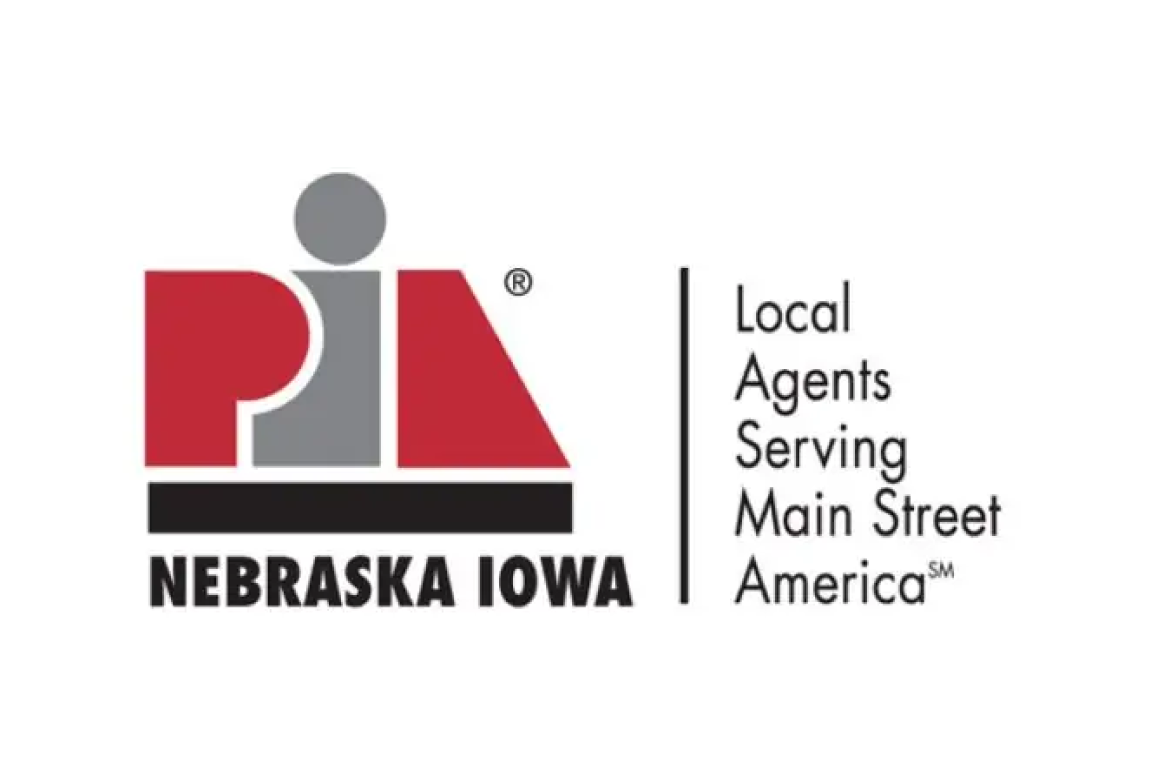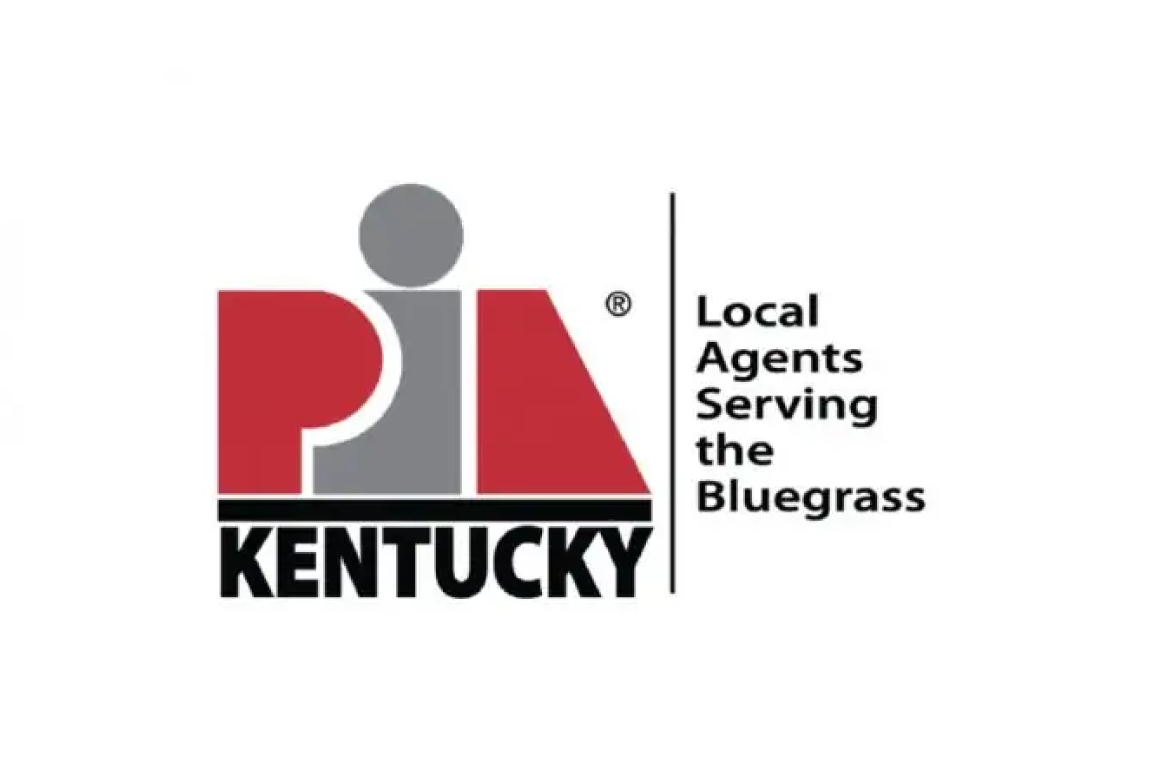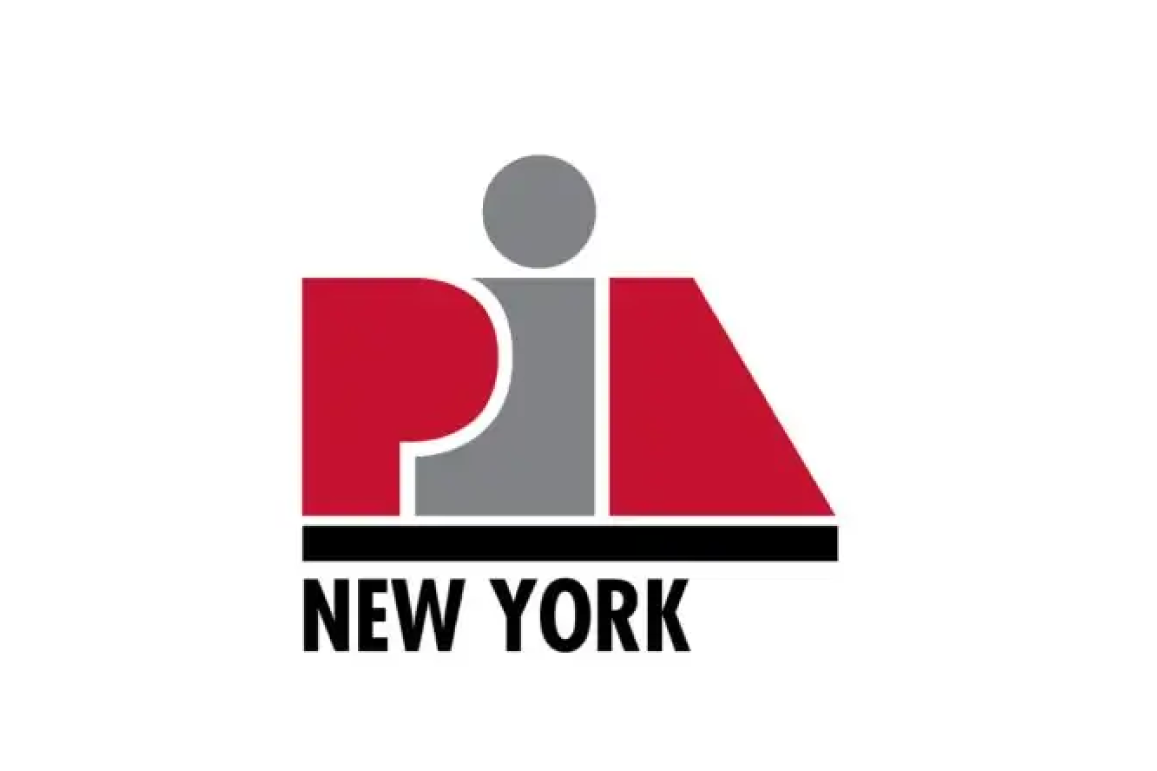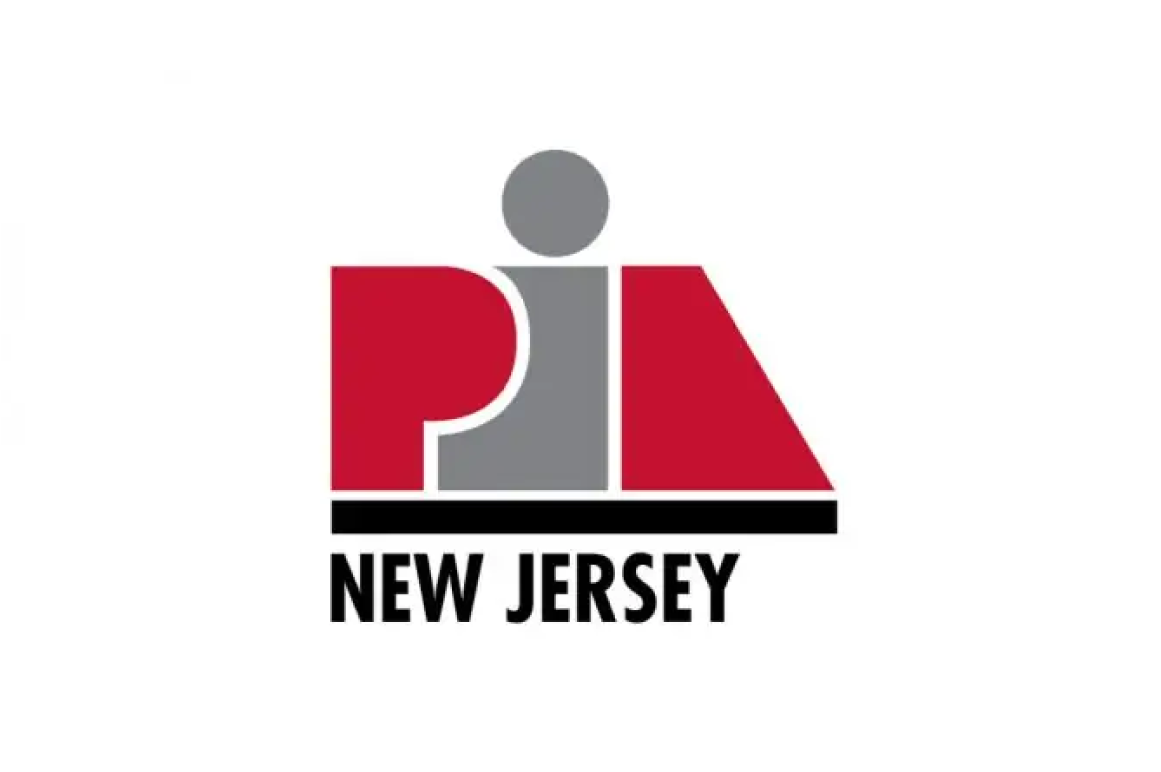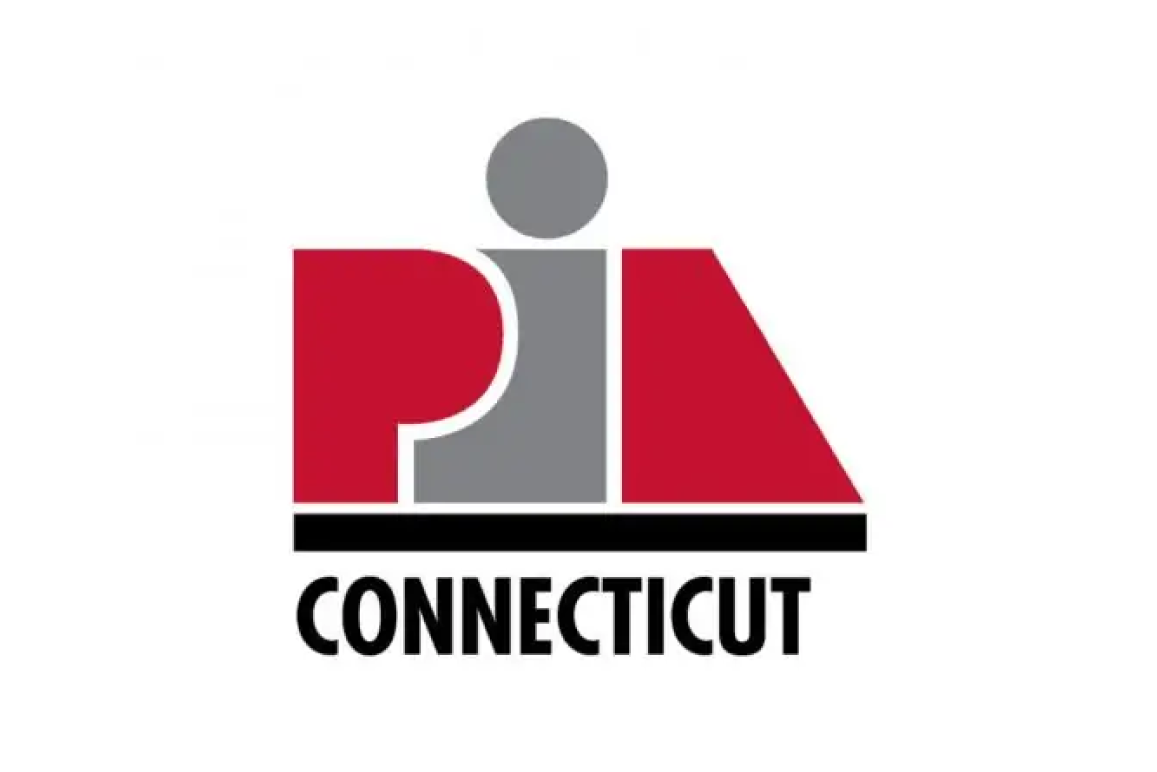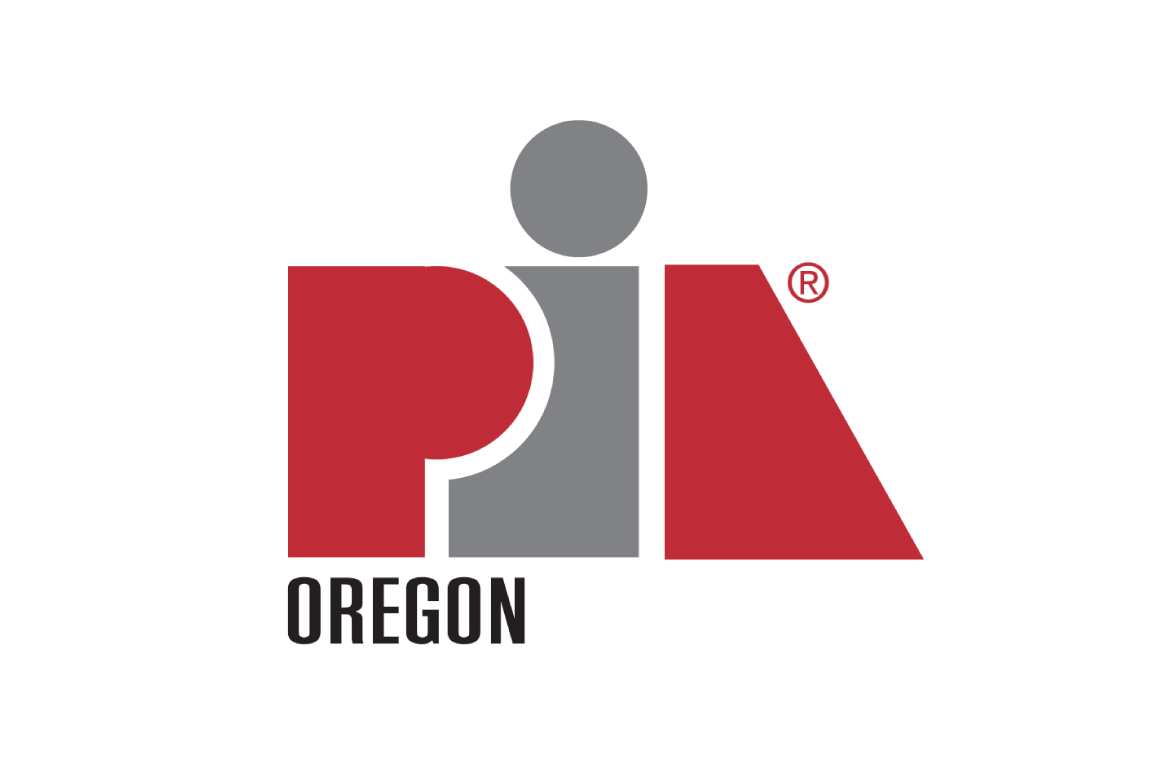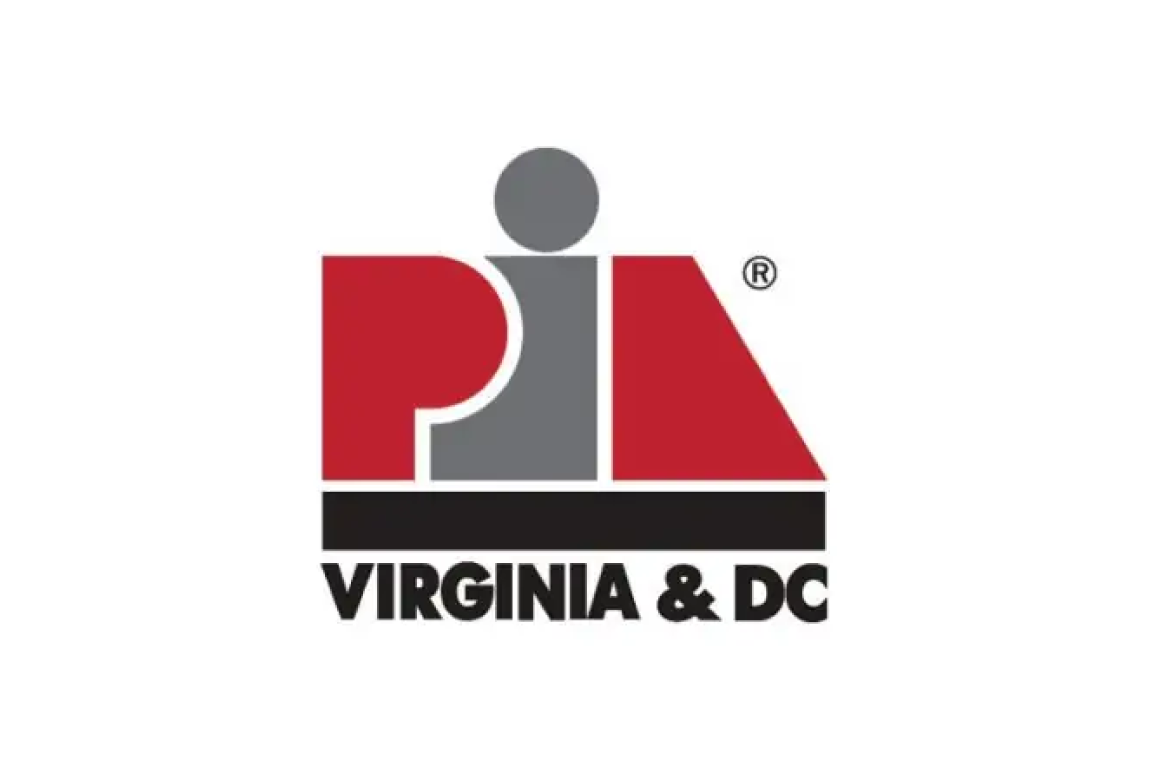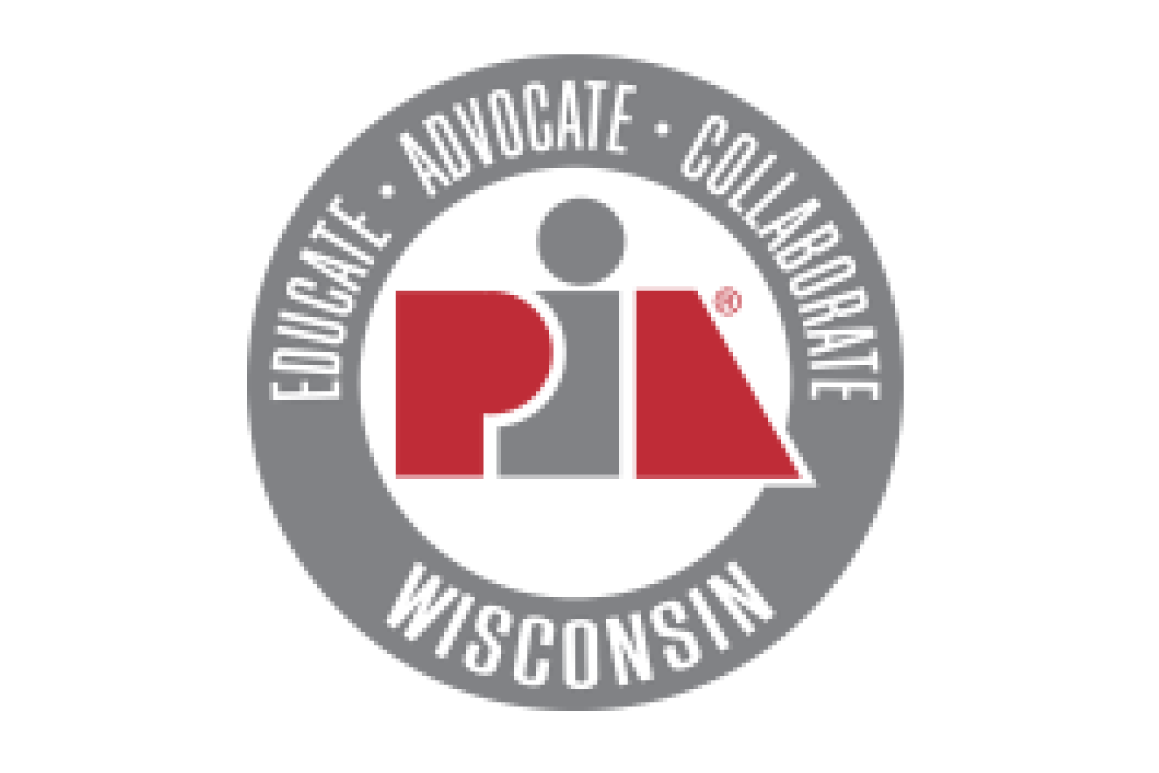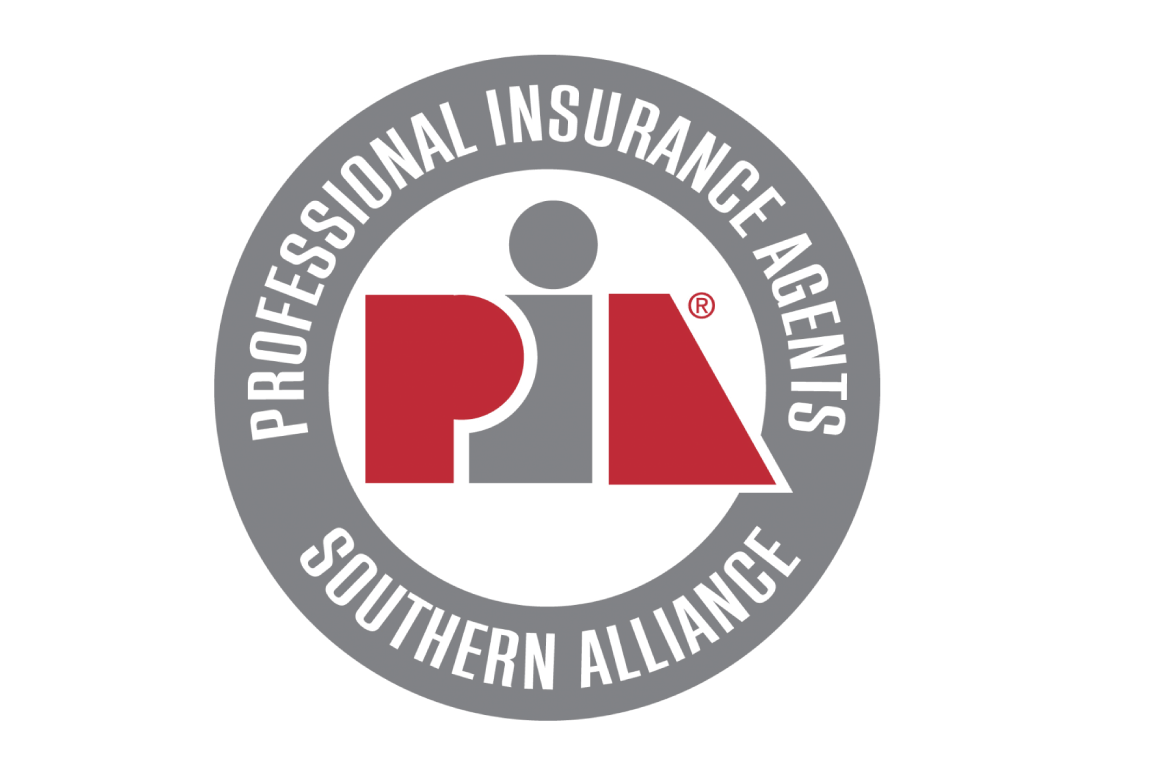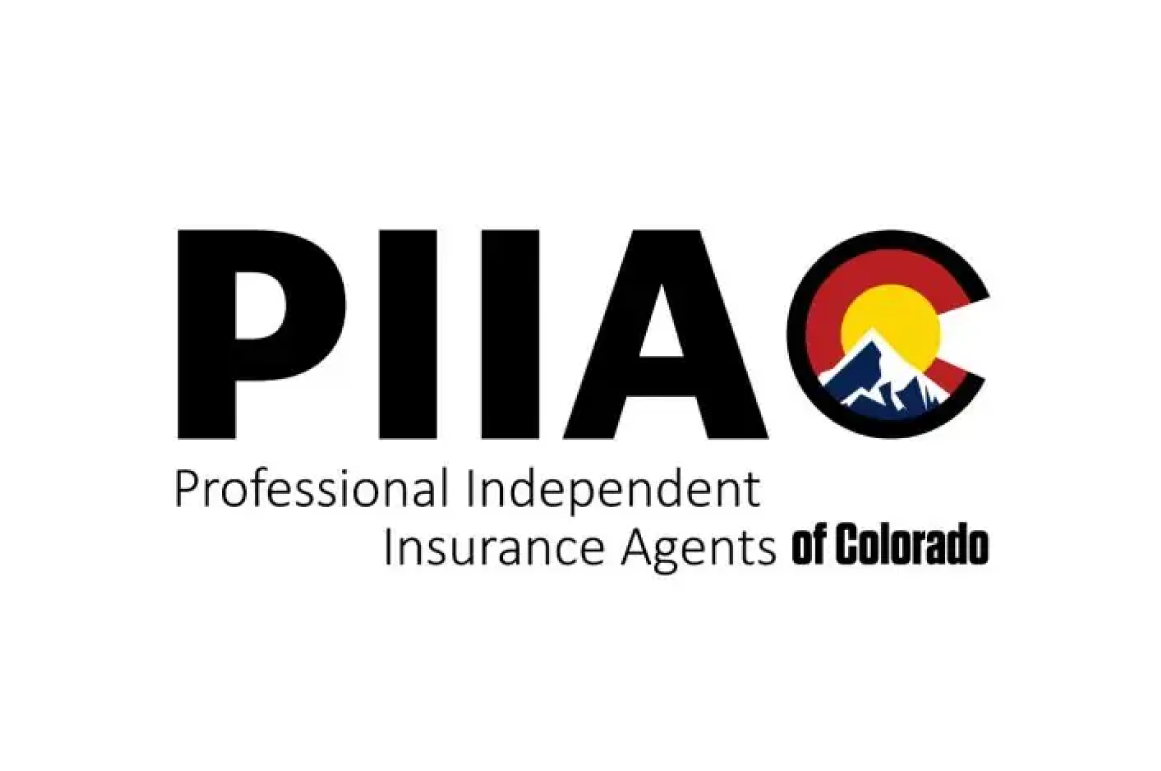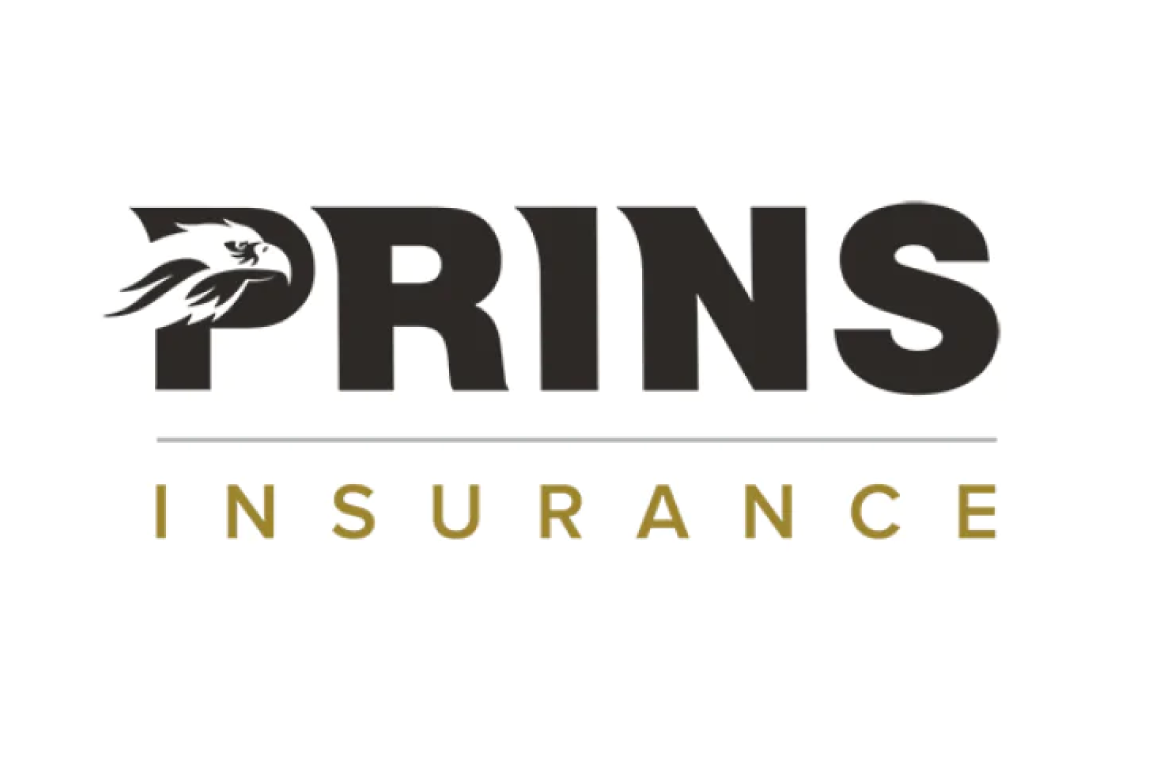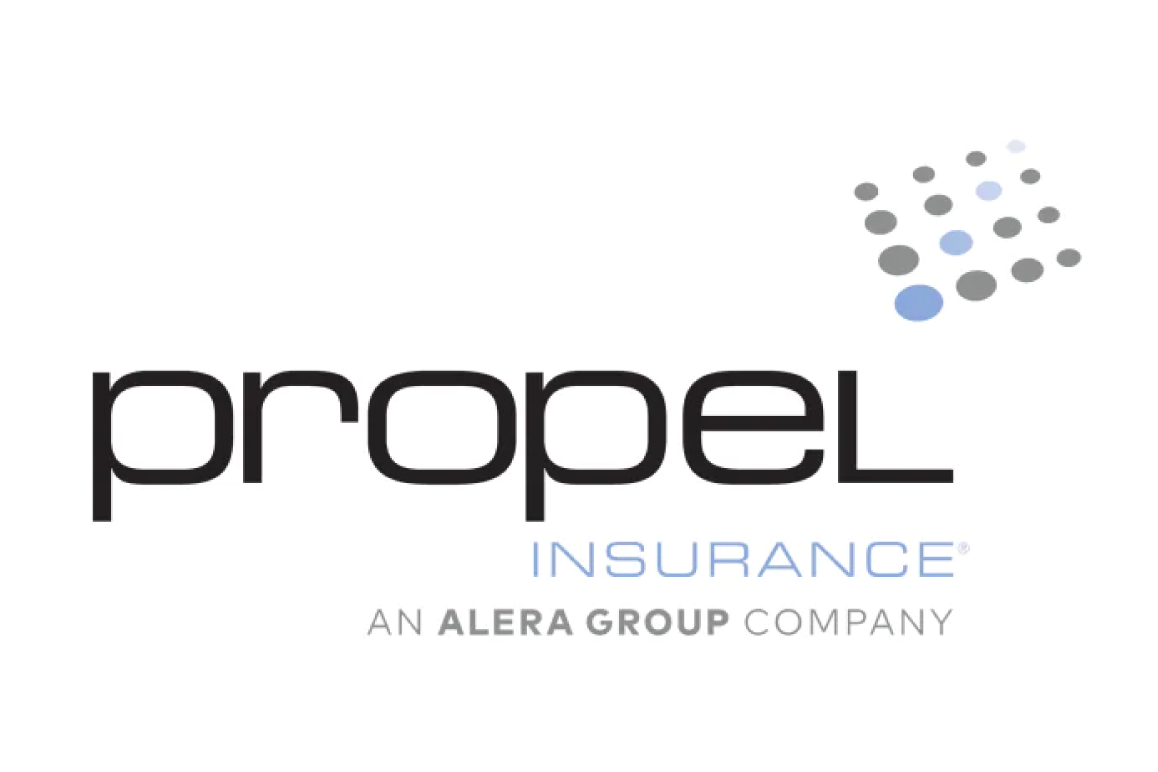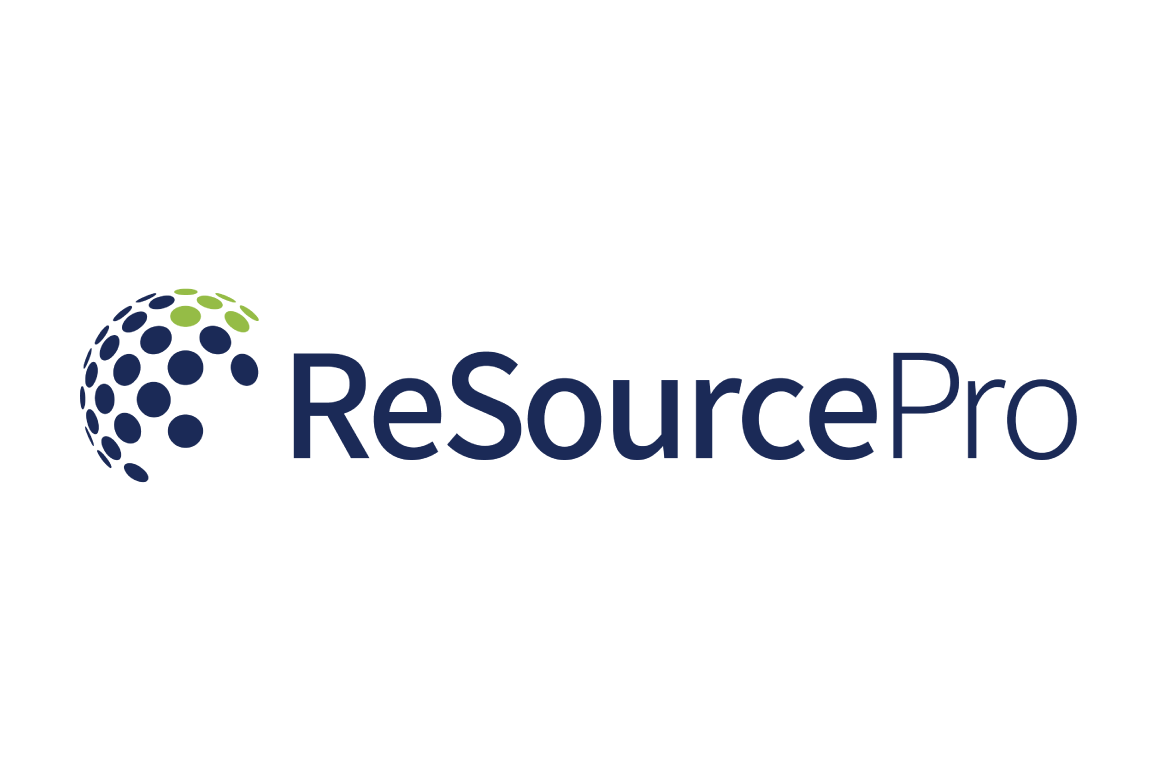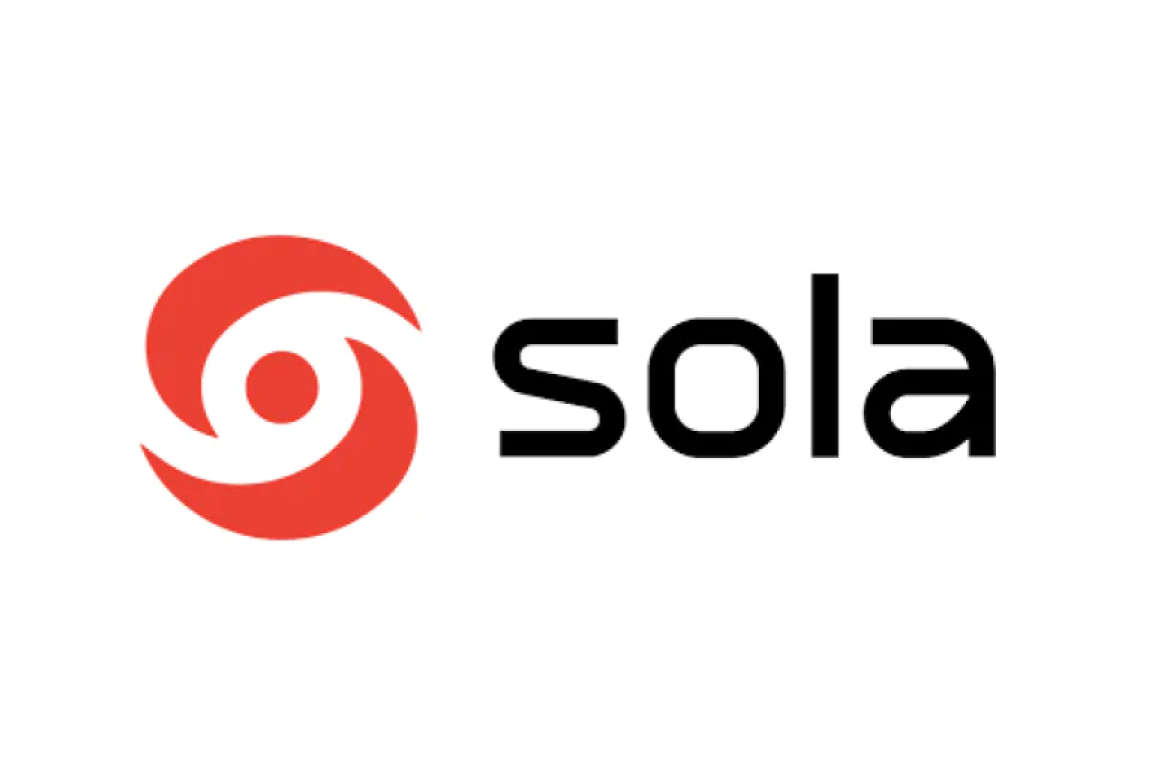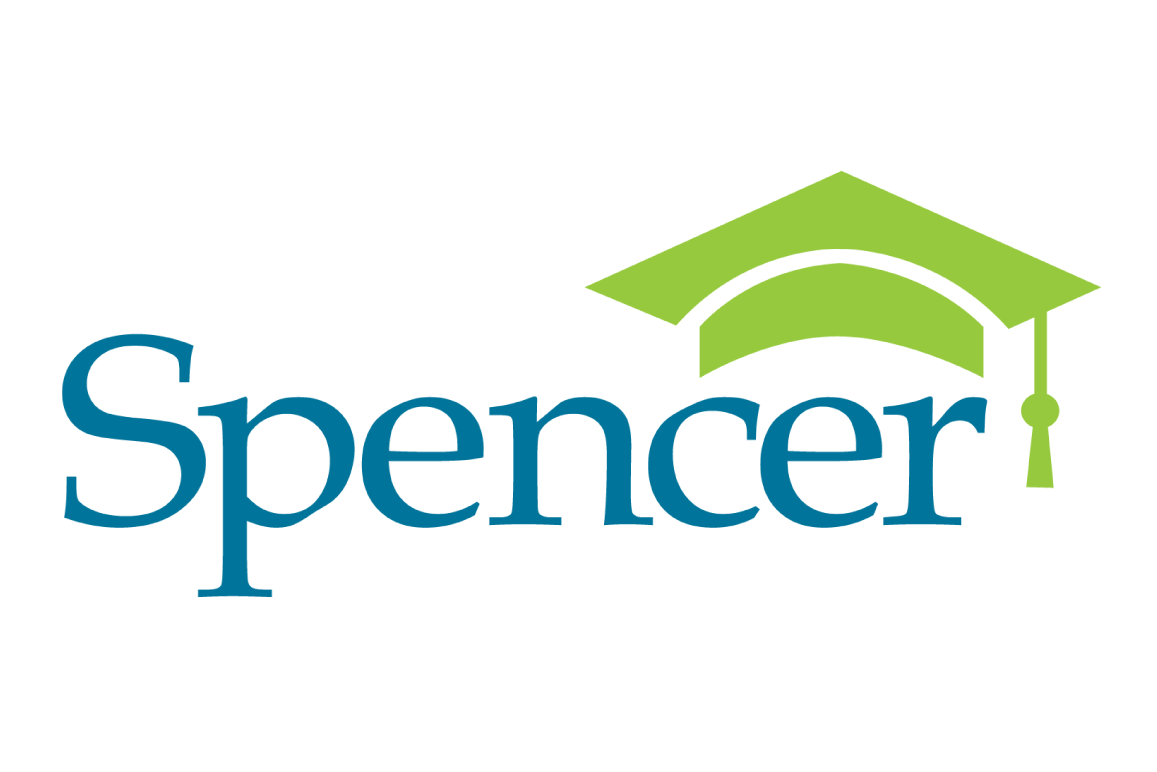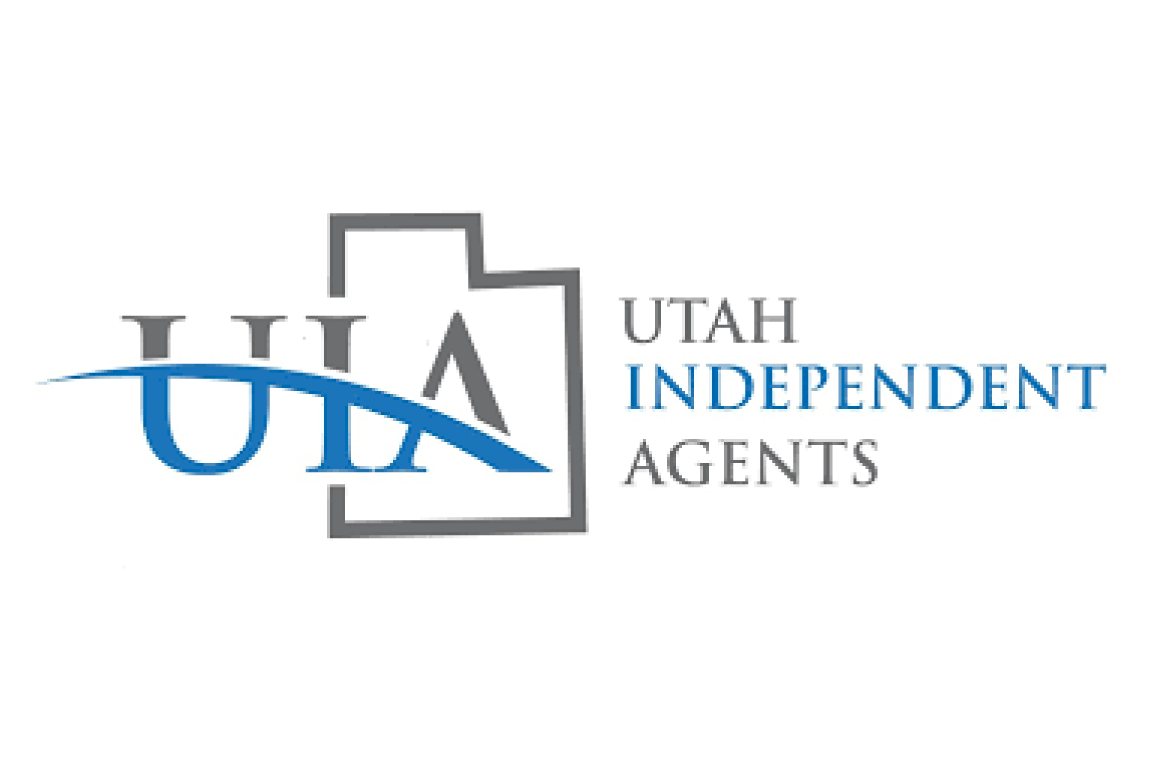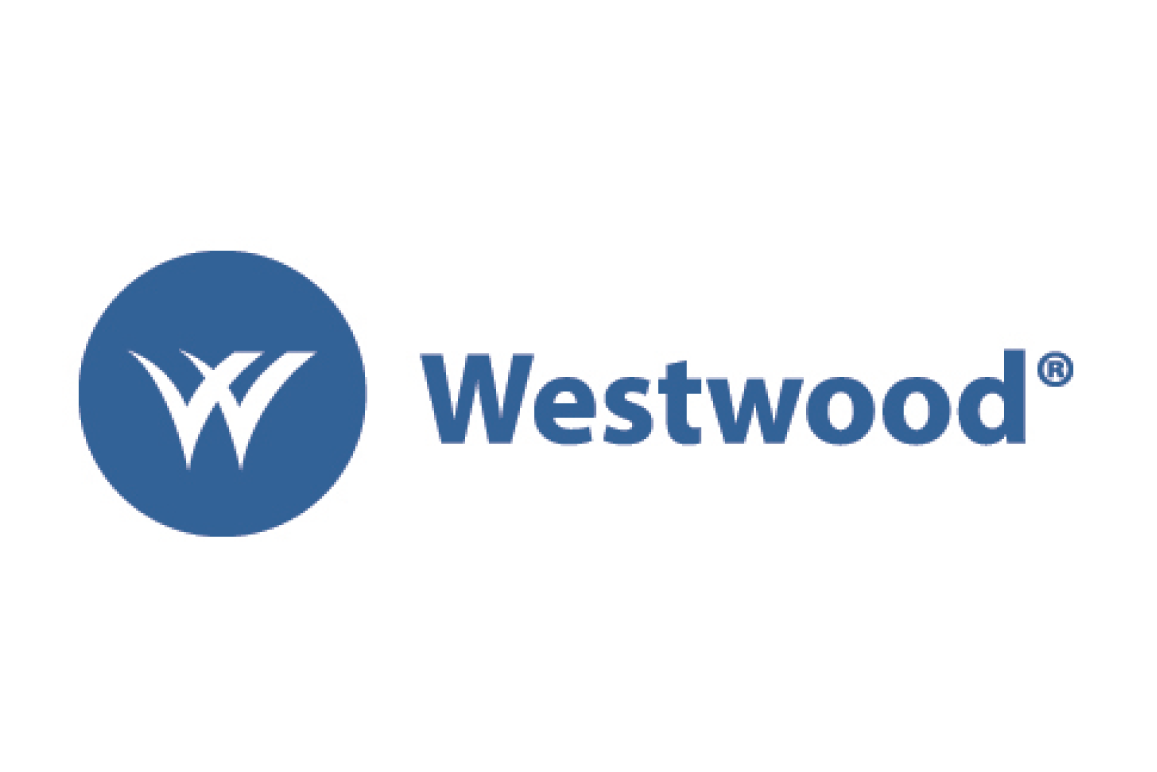HSA/HCFSA/HRA funds may now be used to purchase certain over-the-counter (OTC) drugs/medications and menstrual care products as qualified medical expenses (QMEs) starting January 1, 2020 and ongoing without an expiration date.
The Coronavirus Aid, Relief, and Economic Security (CARES) Act restores the ability to use Health Savings Accounts (HSAs), Health Care Flexible Spending Accounts (HCFSAs), and Health Reimbursement Arrangements (HRAs) to purchase certain OTC drugs and medications, like cold medications, aspirin and other pain medications, allergy medication, etc., without a doctor’s prescription on or after January 1, 2020. The Affordable Care Act (ACA) previously (effective January 1, 2011) only allowed distributions from HSA’s, HCFSAs and HRAs to reimburse the cost of over-the-counter medicines or drugs if they were purchased with a prescription. The CARES Act also added menstrual care products to the list of QMEs for payment or reimbursement with an FSA, HCFSA, or HRA. There is no expiration date on this provision of the CARES Act.
High-deductible health plans (HDHPs) can cover coronavirus costs (testing and treatment) and telehealth/remote care services before satisfying the deductible of the HDHP. An eligible individual with an HDHP that covers these costs before satisfying the deductible of the HDHP may continue to contribute to a health savings account (HSA).
High-deductible health plans (HDHPs) can pay for testing and treatment of COVID-19 and telehealth/remote care services incurred on or after January 1, 2020 before application of a deductible or cost sharing, without jeopardizing their status as an HDHP. An eligible individual with an HDHP that covers these costs before satisfying the deductible of the HDHP may continue to contribute to a health savings account (HSA). The changes apply to services provided on or after January 1, 2020, with respect to plan years beginning on or before December 31, 2021. See Internal Revenue Service (IRS) Notice 2020-15 and Notice 2020-29. Individuals participating in HDHPs should consult their particular health plan regarding the health benefits for testing and treatment of COVID-19 and telehealth/remote care services provided by the plan, including the potential application of any deductible or cost sharing.
https://www.irs.gov/newsroom/irs-high-deductible-health-plans-can-cover-coronavirus-costs
https://www.irs.gov/pub/irs-drop/n-20-15.pdf
https://www.irs.gov/pub/irs-drop/n-20-29.pdf
Increased flexibility to section 125 cafeteria plans that apply to Permissive Carryover Rules and Mid-year changes.
Employers, at their sole discretion, now have the flexibility to make temporary changes to section 125 cafeteria plans during the calendar year 2020. The temporary changes relates to (1) employer-sponsored health coverage, (2) Health Care Flexible Spending Account (HCFSA), and (3) Dependent Care Flexible Spending Account (DCFSA). This temporary flexibility allows employers to extend grace periods to apply any unused dollar amounts in HCFSAs to medical care expenses incurred through December 31, 2020, and unused dollar amounts in DCFSAs to dependent care expenses incurred through December 31, 2020. The flexibility provided to extend grace periods is most beneficial to HCSFAs and DCFSAs under a plan year ending before December 31, 2020 (non-calendar year plans). Employers may also expand the ability of employees to make mid-year elections on a prospective basis for health coverage, HCFSAs, and DCFSAs. Mid-year changes were previously limited to Qualifying Life Events (QLEs). See Internal Revenue Service (IRS) Notice 2020-29 and Notice 2020-33. Individuals participating in a section 125 cafeteria plan should consult their particular plan.
https://www.irs.gov/pub/irs-drop/n-20-29.pdf
https://www.irs.gov/pub/irs-drop/n-20-33.pdf
2019 HSA Contribution Deadline Extended to July 15, 2020.
HSA account owners are allowed to make contributions for the previous tax year up until the tax filing deadline. The IRS officially extended the tax filing deadline from April 15 to July 15, 2020. HSA owners now have until July 15, 2020 to contribute to their accounts for 2019.
https://www.irs.gov/newsroom/filing-and-payment-deadlines-questions-and-answers







